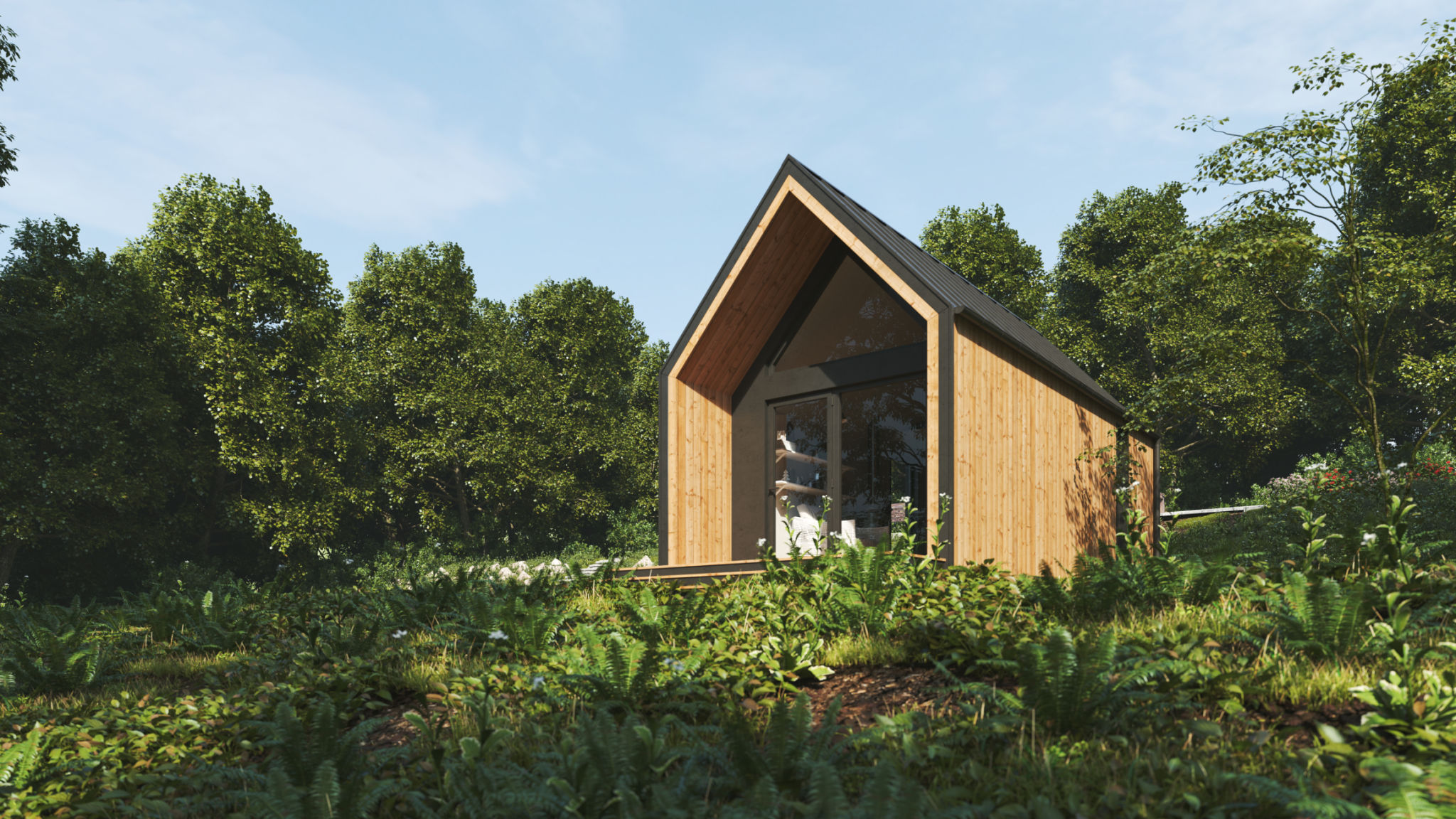Sustainable Home Improvements: Eco-Friendly Options for Your Home
Understanding the Importance of Sustainable Home Improvements
As more people become aware of their environmental impact, sustainable home improvements have gained popularity. These eco-friendly options help reduce your carbon footprint, lower energy costs, and create a healthier living environment. By integrating sustainable practices into home renovations, you contribute to a greener planet while enhancing your property's value.

Energy-Efficient Appliances
One of the easiest ways to make your home more sustainable is by upgrading to energy-efficient appliances. Look for products with the Energy Star label, which signifies they meet strict energy efficiency guidelines set by the EPA. These appliances use less electricity, reducing both your utility bills and environmental impact.
Consider replacing old refrigerators, washing machines, or dishwashers with newer, energy-efficient models. Not only do they consume less power, but they also perform better, offering features like faster wash times and improved cooling systems.
Renewable Energy Sources
Investing in renewable energy sources such as solar panels or wind turbines is a significant step towards sustainability. Solar panels, for example, harness sunlight to generate electricity, reducing dependence on fossil fuels. While the initial investment may be higher, the long-term savings on energy bills make it worthwhile.

For those with larger properties, small-scale wind turbines can also be an option. These devices convert wind energy into usable power, further decreasing reliance on traditional energy sources.
Water Conservation Solutions
Water conservation is another critical aspect of sustainable home improvements. Installing low-flow fixtures like showerheads and faucets can significantly reduce water usage. Additionally, consider upgrading your toilet to a dual-flush model, which uses less water for liquid waste.
Rainwater harvesting systems can also be an excellent addition to your home. They collect rainwater from rooftops for use in gardening or flushing toilets, making efficient use of natural resources.

Sustainable Building Materials
When planning renovations or building new structures, opt for sustainable building materials. Reclaimed wood, bamboo, and recycled metal are excellent choices that minimize environmental impact. These materials are not only eco-friendly but also add unique character and charm to your home.
Additionally, consider using natural insulation materials such as sheep's wool or cellulose. These options provide effective insulation while being biodegradable and non-toxic.
Efficient Landscaping Practices
Landscaping plays a crucial role in sustainable home improvements. Incorporate native plants into your garden, which require less water and maintenance. This practice supports local biodiversity and reduces the need for chemical fertilizers and pesticides.
Xeriscaping is another effective landscaping technique that conserves water by using drought-resistant plants and efficient irrigation systems.

Smart Home Technology
The integration of smart home technology can further enhance your home's sustainability. Smart thermostats, for instance, allow you to control heating and cooling systems remotely, optimizing energy usage based on your schedule.
Similarly, smart lighting systems can adjust brightness automatically or be controlled via smartphone apps, ensuring lights are only on when necessary.
The Future of Eco-Friendly Homes
The trend towards sustainable home improvements is not just a passing phase; it's an essential shift towards more responsible living. By embracing eco-friendly options, homeowners can enjoy numerous benefits while contributing positively to the environment.
Adopting these practices today will pave the way for a more sustainable future, ensuring that homes remain comfortable and efficient for generations to come.
